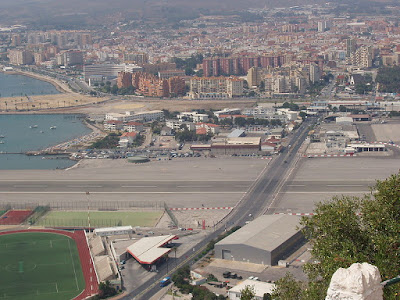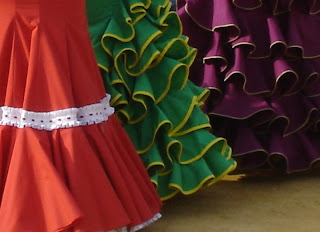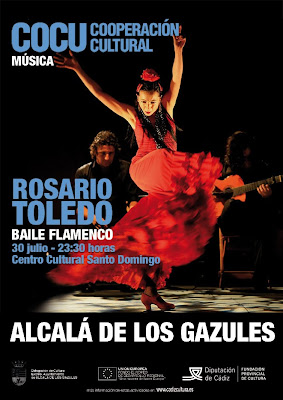The Mayor of La Linea, Alejandro Sanchez, announced a few months ago that he intended to charge visitors leaving the British Overseas Territory of Gibraltar with a "congestion charge" toll of five euros (Gibraltar residents and the 7,000 Spanish citizens who work on the Rock would be exempt). Sanchez, whose right-wing Partido Popular (Popular Party) have a majority on the council, says that the town reaps no financial benefit from the millions of visitors who stream across the border each year to shop for tax-free goods, fill up on cheap petrol, or admire the apes and the splendid views. La Linea, which means "The Line", straddles the section of Spanish coast to which the Rock is joined by a thin strip of land. Looking at the number of vehicles which queue for an hour or more, engines running and pumping fumes and greenhouse gases into the Mediterranean air, you can almost sympathise. But Sanchez is no Ken Livingstone and it is not concern for the environm...






